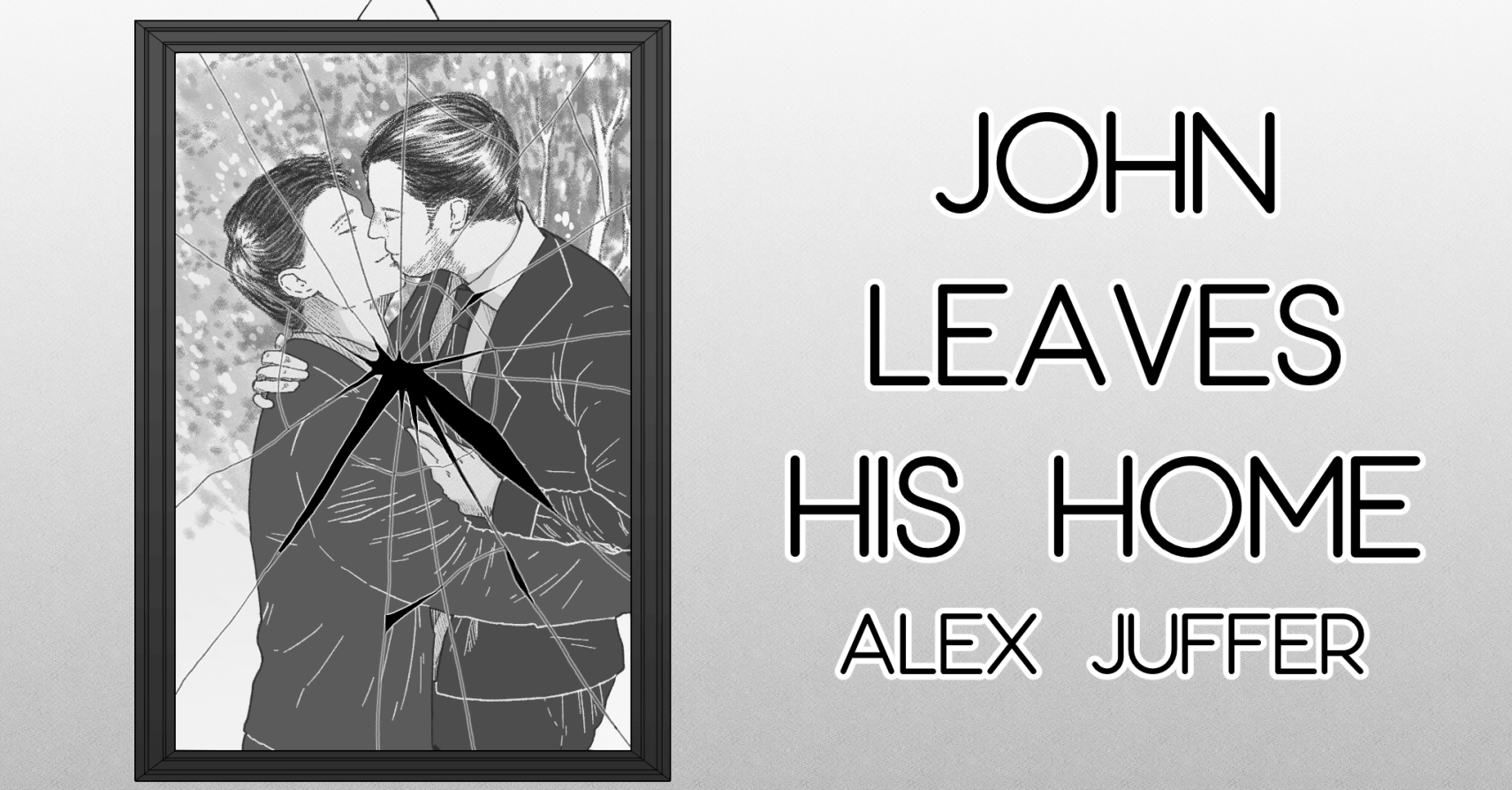The packrats were back. Digging in John’s yard, creating bunkers of dirt. One wielded a spatula with a duct-taped handle. The dumb ones used knives. John liked the towheaded boys who used their hands, shoveling between their legs like dogs spreading their scent.
He let them dig for a while before firing two shots twenty yards shy of the hole. They scattered. He enjoyed watching how limber they were: climbing his fence, ducking through missing slats.
He checked the Ruger. It needed more bullets soon—bullets he had no way of securing.
*
From the second floor, between the angled shades, John could make out his own side yard, the alley, and a stretch of the street out front. His chair had a good tilt, suitable for watching or sleeping.
Four packrats lived in a bronze Camaro with one wheel and chicken wire windows. All elbows, fiery pimples, chopped haircuts. When they were able to steal gas, they’d fire it up, pop the hood, and cook right on the engine.
John found himself envious. Eating together and joking out in the street like nothing ever changed.
*
When John’s husband died, he started going by John. Anonymous, strong. Time passed. He stopped speaking to people and forgot what his old name had been. He’d try to remember and get mad at himself—mad at all the destruction time wrought—so he stopped trying.
*
The kids kept digging. John couldn’t fathom what the hole was for. He sipped on a can of pineapple slices, watching it grow deeper, wider. They implemented a ladder system, passing a metal bucket up to extract the dry, silty dirt.
John tracked their interactions and gauged the hierarchy. A redhead with no shirt and a flashbang sunburn ordered the youngest ones around. They worked in shifts now.
As the sun crested, new diggers tagged in. John worried that he had grown too accommodating. He fired down and kicked up a puff of dust. The packrats stopped their work but only to leer at the window. John had to shoot at their feet to finally spook them off.
*
John kept all his husband’s stuff in the attic, packed tight, taped shut. The pictures of them together hadn’t provoked memories, but rather a grey wash of grief. He boxed those up too.
Kimber. He remembered that. He had written the name on the inside of the windowsill.
John wasn’t sure he could even access the attic anymore. The last time he tried, tugging on the cord attached to the collapsible staircase, it had swung down in freefall, missing his skull by a quarter inch. If he fell there’d be no one to pick him up.
Maybe he’d see Kimber after he died. Maybe not. Either way.
*
John woke to the packrats on the roof, slipping on loose shingles and cursing each other out. One more jumped from the overhanging tree branch, landing, feet fighting for purchase. John eased up from his chair, gun in hand, and slid his socked feet along the wooden floorboards.
They were inside the house now; he heard the whine and sigh of attic boards. John stood in the hallway under them, wishing they’d just leave. This was a betrayal of the distance they’d established. That old, ripe anger flushed out the grey.
They ripped boxes open, the dry tape crinkling. Someone bumped their head on the slanted ceiling. Another snickered.
John fired four shots in succession into the attic floor. They jumped and yelped. He fired one more for good measure. In the wake of the silence, he heard a tender gasp and the thud of something hitting the floor.
“Leave him, leave him.”
*
John never should have gotten the damn gun. Kimber didn’t like it. Wouldn’t hold it. John did. He thought the gun deterred danger, but maybe the thing invited it. Really, he figured, it gave him a sense of control he should’ve known not to trust.
The packrats had piled pictures of Kimber at the bottom of the hole. From upstairs, John could see that the frame of their wedding portrait was broken. He wanted to laugh at the cartoon trap, but he wanted the pictures back too.
Rest was enticing—to lay down and not be with his thoughts anymore. It was probably there or this chair, John reasoned. At least he still had a choice.
Outside, it was too quiet, and John wondered where all the birds had gone. The packrats were hiding, but he could feel their eyes, could even feel them blink. He’d miss watching them. The hole beckoned. A crater, a crash-landing right here next to his home.
It would be nice to see Kimber again. He hadn’t laid eyes on those photos in years.
Before he went down, John circled back to his porch and unlocked the front door. He didn’t want them breaking the stained-glass windows to get inside.

